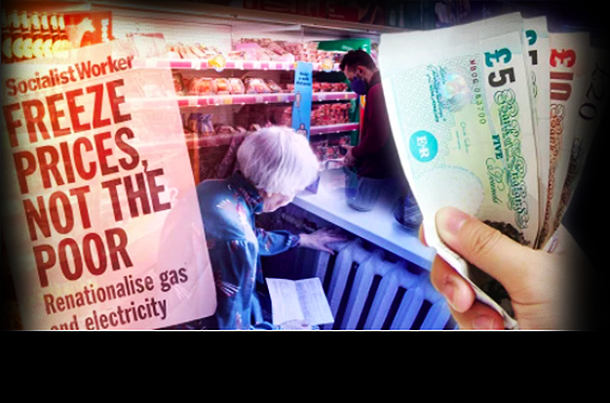The idea a Universal Basic Income or “UBI” began as a technocrat utopian policy meant to help to create ‘a world without poverty’, which certainly sounds great on paper. But is it practical, and what are the unintended economic and social side-effects?
According to its proponents, it allows individuals to live more ‘creative and fulfilled life’. The idea was heavily promoted by former Democratic Party presidential candidate Andrew Yang, who called for a $1,000 monthly payment (Freedom Dividend) to every American.
Proponents claim that UBI actually helps promote active employment participation. However, in reality it does no such thing.
While the UBI ‘free money’ (welfare) seems to help the mental well-being of its recipients, making them feel more secure with their finances, it may actually hurt the lower ranks of society to seek self-reliance.
Not to mention that UBI is very expensive, and will require a significant tax increases on those who are actually working.
Despite all the obvious drawbacks, the UK government are now set to unleash UBI on its population…

Breitbert News reports…
A trial of universal basic income (UBI) will be trialled for the first time in England where 30 people will be given a monthly stipend with no strings attached.
A little over 500 years after English philosopher Sir Thomas More first mooted the idea of a wealth-sharing programme in his book Utopia — a work praised by the likes of Communist Manifesto author Karl Marx and Soviet dictator Vladimir Lenin — universal basic income will be trialled in England for the first time.
The UBI scheme, to be run by the Autonomy think tank, will see 30 people given a monthly allowance of £1,600 a month without any requirements. The scheme will take place in the town of Jarrow in the North East of England and in the East Finchley area of North London, Sky News reports.
The pilot scheme will also draft a control group that won’t receive the free cash, in order for the researchers to measure the impact of the money on the lives of the participants.
The director of research at Autonomy Will Stronge said: “All the evidence shows that it would directly alleviate poverty and boost millions of people’s wellbeing: the potential benefits are just too large to ignore.”
However, opponents of the socialist-style scheme express concerns that giving people a universal basic income would create perverse incentives that could have massive ramifications on the labour market.
Finland’s ‘Free Money’ Experiment Failed to Encourage Unemployed to Find Work https://t.co/8wn7p28zvb
— Breitbart London (@BreitbartLondon) February 9, 2019
Others have noted that for a government to enact such a system, it would require a major overhaul of the tax and benefits systems, as well as putting a heavy strain on public finances, which have been in disarray in the UK following the spending spree during the Chinese coronavirus crisis during which the government paid businesses to remain shuttered and for workers to remain home.
Results from previous UBI trials have also indicated that wealth transfers could have the opposite outcome from the alleged noble intentions of proponents.
In Finland, for example, a universal basic income experiment was found to have failed to encourage recipients to find work, with the government finding that the “basic income experiment did not increase the employment of participants during the first trial year,”
A review of the scheme by the Organisation for Economic Co-operation and Development (OECD) said that in order to afford a nationwide UBI programme, the Finnish state would have to increase taxes by 30 per cent.
The OECD went on to claim that the universal basic income would actually increase poverty in the country from 11.4 per cent to 14.1 per cent.
READ MORE FINANCIAL NEWS AT: 21st CENTURY WIRE FINANCIAL FILES
ALSO JOIN OUR TELEGRAM CHANNEL
SUPPORT OUR INDEPENDENT MEDIA PLATFORM – BECOME A MEMBER @21WIRE.TV
















